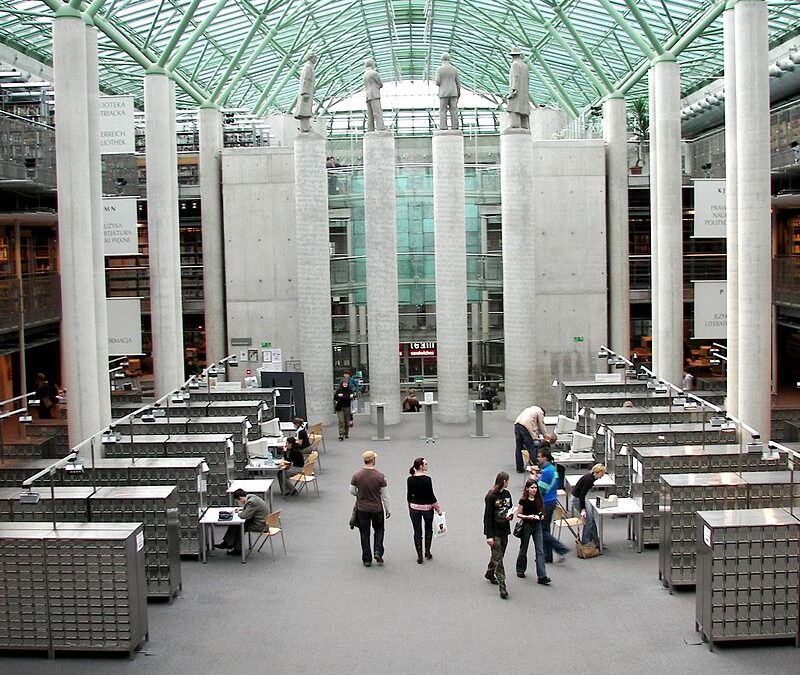Author: Andrzej Jakubowski
Committee: Art & Cultural Heritage Crimes Committee
Date: 01/02/2024
On Monday, 29 January, Laura Codruța Kövesi, European Chief Prosecutor, met in Warsaw Adam Bodnar, Poland’s Minister of Justice and Attorney General. At a press conference after the meeting, Bodnar announced that the process of Poland joining the European Public Prosecutor’s Office (EPPO) should be completed soon. The Polish government is now only waiting for a positive opinion from the (European) Commission. Bodnar declared that 24 prosecutors affiliated with 3 or 4 offices will eventually work for the EPPO. At the same time, he also expressed satisfaction that Poland’s actions have inspired other EU Member States that remain outside the EPPO’s system. “We have recently heard of positive declarations from Sweden and Ireland about joining its structures” – he said, referring to his last week’s visit to Brussels for a meeting of the EU Justice and Home Affairs Council (JHA). For her part, Kövesi expressed confidence that Poland’s accession will strengthen the functioning of the EPPO. “I hope that we will better protect the financial interests of the European Union and its people” – she said. “Our investigations in Poland will be conducted with respect for national law, and charges will be brought before local courts” – she assured [1] [2].
The question arises, however, whether Poland’s accession to enhanced cooperation within the EPPO can have a significant impact on the prosecution of crimes against cultural heritage in the EU, particularly illicit trade in cultural goods.
The answer to this question is positive for several reasons.
First of all, as the Council noted, EPPO “could investigate and prosecute specific cultural goods trafficking related offenses falling within its competence” [3]. Poland, being one of the EU’s largest markets, is also particularly vulnerable to cross-border cultural goods trafficking due to its geographical location. This is highly significant in the context of Russia’s aggression against Ukraine. The Polish services and prosecutors in cooperation with partners from the region and UNESCO carry out joint activities and organize training in the field of counteracting the illicit, cross-border traffic in cultural goods. Cooperation within the EPPO can support these activities to better protect the financial interests of the EU and its citizens, harmed by such offences.
Moreover, Poland’s accession to the EPPO may also enhance existing activities undertaken by the EU and its agencies with regard to combating organized crime against cultural goods affecting several Member States, such as a series of organized thefts of rare books from public libraries in Estonia, Latvia, Lithuania, and Poland in 2022-2023 and their illicit export to Russia and sale on the antiquarian market there [4]. The greatest losses were suffered by the Warsaw University Library, although similar thefts also occurred in the Baltic States. An international team of prosecutors within Eurojust which leads the prosecution of these crimes [5]. One such benefit of Poland’s accession to the EPPO will be the ability for Polish prosecutors to interact quickly, efficiently and directly with EPPO structures. This exchange and access to extensive databases, to information, to cooperation tools will certainly contribute to more effective prosecution of cross-border crimes against cultural goods.
[1] https://www.pap.pl/en/news/poland-eu-public-prosecutors-office-closely-cooperate
[3] https://eur-lex.europa.eu/legal-content/EN/TXT/HTML/?uri=CELEX%3A52022DC0800


